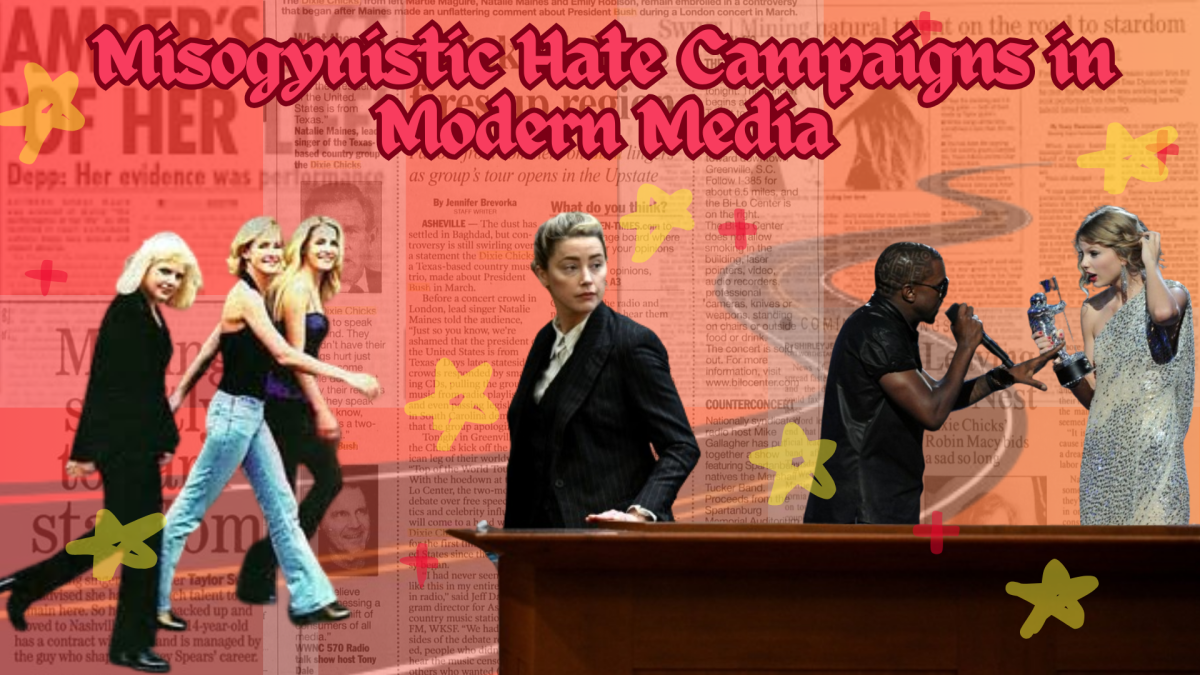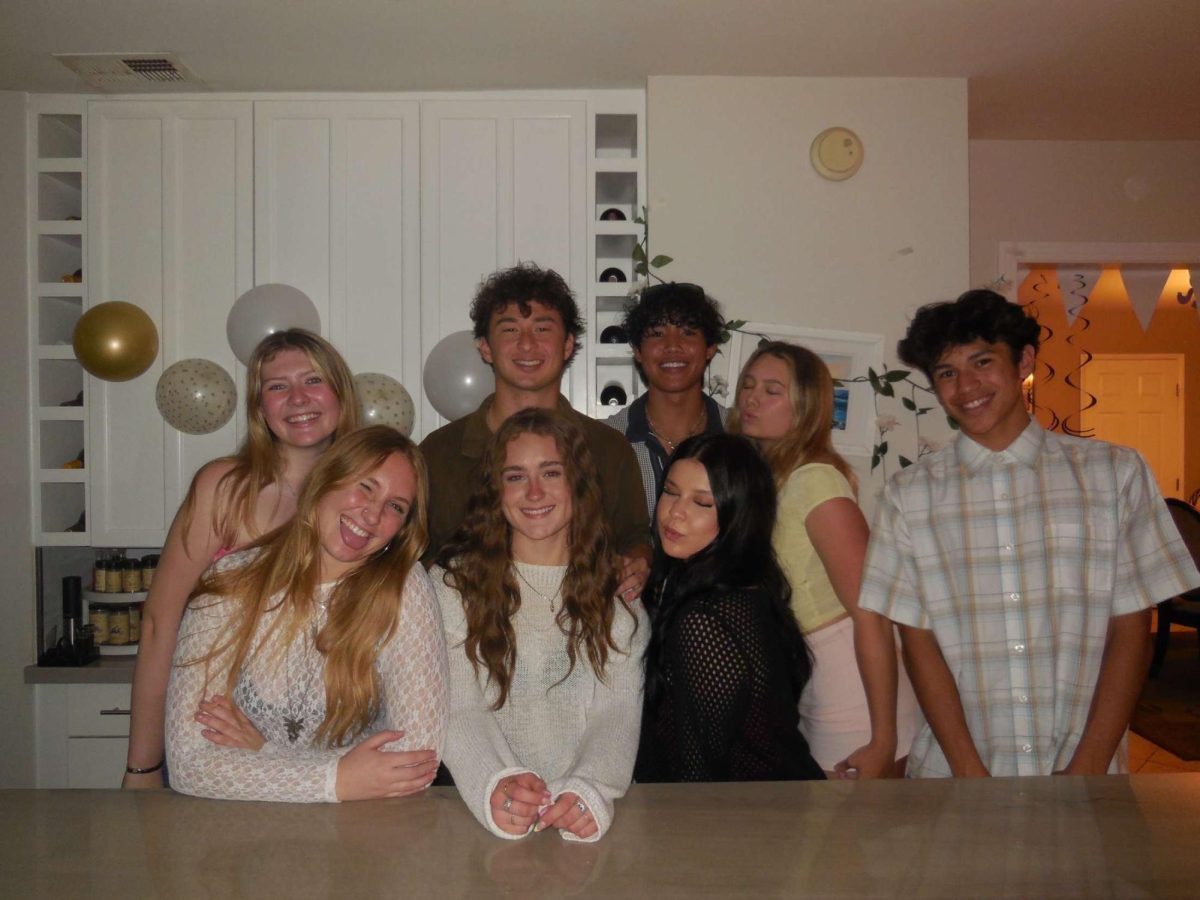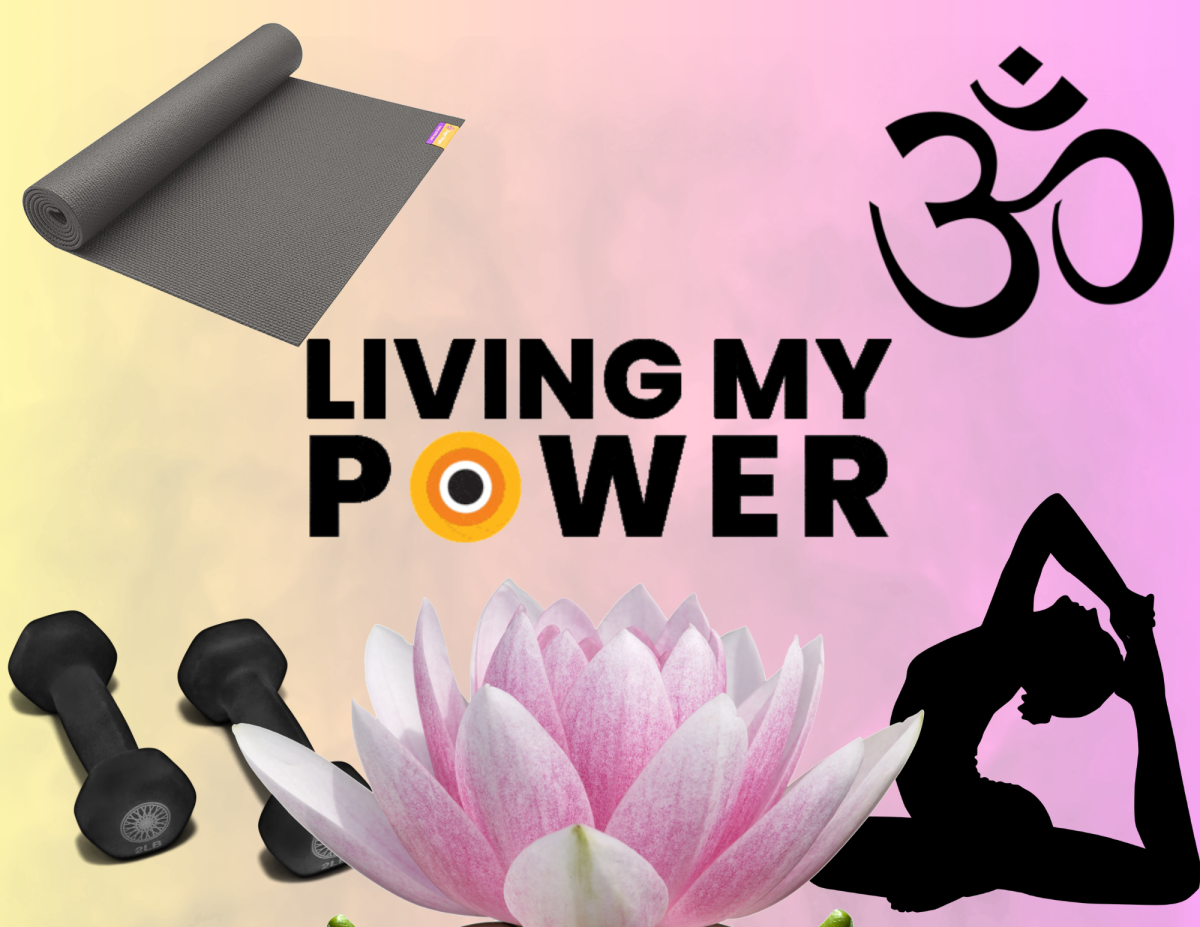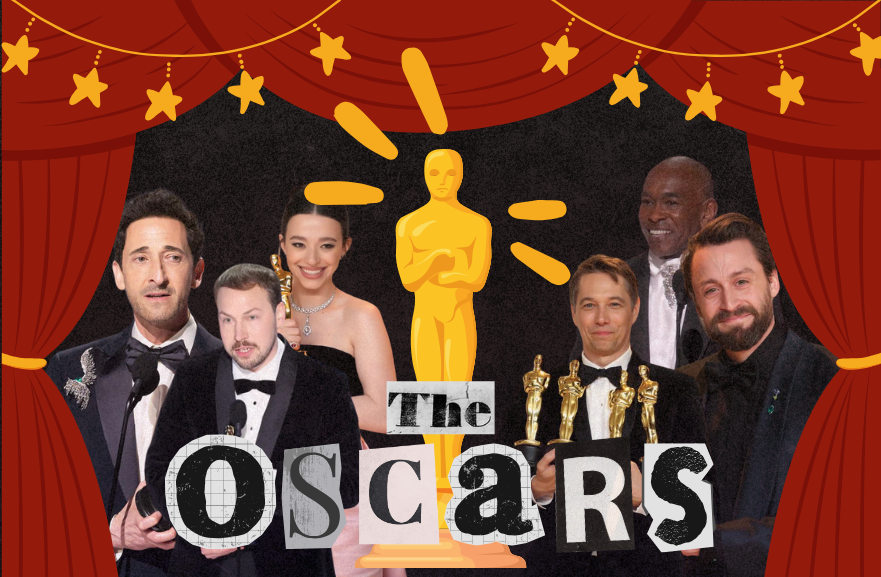In the new age of social media, it often feels like no one is exempt from criticism, regardless of their level of fame or privilege. However, given how our society is structured, women in the public eye often receive an unhealthy amount of criticism in all forms of media, which serves to disparage their image and delegitimize their experiences.
The issue of misogynistic hate campaigns is much deeper than bandwagoning or mob mentality but rather the result of a society deeply rooted in patriarchal standards. Whenever the feminine identity falls at the center of an issue, misogyny and sexism tend to follow closely behind. When discussing a collection of people spewing vitriol at or about a woman, it is important to recognize the societal standards that have contributed to this issue in the first place.
The Origin
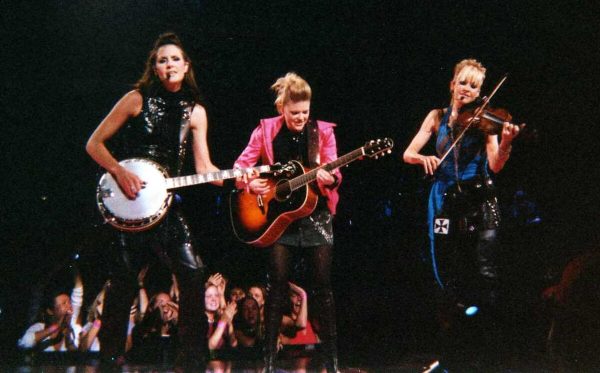
While the rising prominence of social media has undoubtedly increased instances of misogyny and intensified hate campaigns, their existence did not find exigence in social media’s creation.
The previously discussed hatred of female celebrities goes back 20 years to the Bush administration and a girl band formerly known as The Dixie Chicks (The Chicks). In 2003, in the wake of the Iraq war, the Chicks commented on the crisis during a concert in London, showing support to people protesting the United States government’s role in rising tensions.
Lead singer Natalie Maines took time out of their set to say, “We do not want this war, this violence, and we’re ashamed that the President of the United States is from Texas.”
This statement set off an incredible amount of backlash towards their band. People burned and broke their records, delegitimized the Chicks’ talent because of their politics, and went to the ends of the earth to ensure all the success they garnered was erased as quickly as possible.
According to an article published by Billboard, Mitch Mahan, a program director at a West Palm Beach radio station, said, “You’d get calls from very angry people every time you would play a Dixie Chicks song — reactionary, violent calls. Threatening to come down and beat you up.”
It took nearly 20 years for The Chicks to come back to music after their forced exile, and the rampant misogyny they faced took them from stardom to infamy in a matter of months.
The Interim
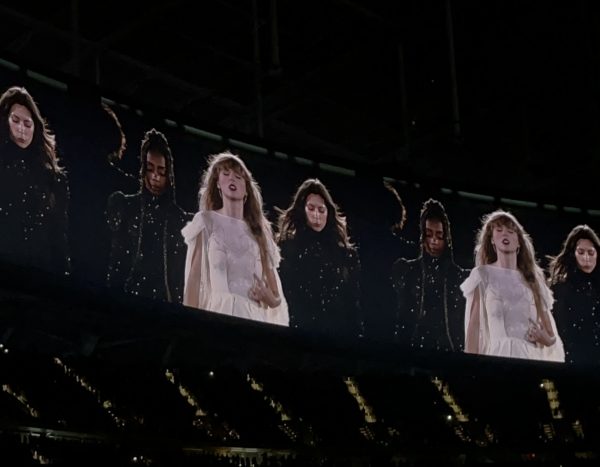
In the last two decades, many more instances of the same media frenzy have occurred. The media frenzy that tore down Taylor Swift in 2016 and continues to discredit her talent is a perfect example of how women’s success often acts as tinder to a misogynistic flame that seems to burn under the surface constantly.
Infamously, in 2009, at the VMAs, Swift was set to accept an award for “Best Video by a Female Artist.” When called on the stage, she had nearly 30 seconds to soak in the limelight before Kanye West, or Ye, ran on stage and took the microphone from her. He then said that she did not deserve the award as much as Beyonce, who was nominated for “Video of the Year,” which Swift was not.
This incident started a whirlwind of drama that would not settle until 11 years later, in 2020. Besides the VMAs incident, West’s song “Famous” contributed heavily to the hatred of Taylor Swift. The song features the lyric, “I feel like me and Taylor might still have sex. Why? I made that b— famous,” coupled with a music video that featured a wax rendition of Swift’s nude frame. West would go on to publish an edited phonecall to disparage Swift’s name. Swift would then release a statement.
Despite the statement and the sexist nature of West’s actions, public opinion shifted against Swift, and thousands of articles and tweets were published calling her a ‘snake’ or asserting that she was playing the victim for speaking out against the video and song.
Swift went off the grid for nearly a year due to the constant media scrutiny she became victim to. However, it was not until 2020, when the full, unedited video of the phone call between West and Swift was released, that her name was cleared, and it was proven that she did not lie.
The Present

The culture surrounding female celebrities the media has created is not only toxic for every woman but also dangerous. In recent years, the echo chamber of the media circuit has made its way into mainstream reality and has had violent consequences.
In 2018, Amber Heard wrote an opinion piece for the Washington Post where she detailed her experience as a domestic abuse victim and discussed Hollywood’s reputation for protecting men in power from the consequences of their abuse. She did not name her abuser, nor did she call for anything other than accountability. People took this article as a reference to Johnny Depp, her ex-husband at the time, whom she had filed a restraining order against in 2016. Heard’s article prompted Depp to sue her for defamation and seek $50 million in damages. Heard would later countersue, and the case was televised in 2021 in a Virginia court.
However, this would not be the first time Depp had been in court for defamation. In 2020, he sued The Sun, a British publication, for libel after they called him a “wife beater.” The judge presiding over the case, Andrew Nicol, and the Court of Appeal found that the description did not count as libel as it could be proven he had abused Heard at least 12 times.
The case in Virginia did not turn out as well for Heard. One of the main issues with the case, and a huge reason there was so much vitriol towards Heard online, was because the case was televised. Because two incredibly famous people were involved, a lot of attention was directed toward the proceedings by the media.
Heard was not a perfect victim in the eyes of the general public; the fact that she had a mound of evidence did not offset the fact that people did not like her. She gave testimony, showed pictures of her injuries, and had corroborating witnesses. She did everything to prove what had happened to her and was called calculated for it. When she testified about her rape, people took the sound bite and used it in TikTok videos that mocked her experience. #JusticeforJohnnyDepp trended on many social media sites, and brands used her pain as a marketing tool. Despite her testimony, Heard was found by a jury of five men and two women to owe Depp millions in damages.
The televising of this trial, which dealt with sexual assault and domestic violence, was used by Depp’s legal team to intimidate and pull public favor towards him. This case is another example of survivors of abuse being dismissed by the legal system and media, zeroing in on the hatred of women to boost engagement and monetary rewards.
Misogyny is not an isolated form of hatred or bias, and it has ramifications that are felt by everyone, even if it is targeted toward famous women. The Depp vs. Heard case, in particular, will likely impact victims of domestic violence for years to come. The incidents with The Chicks and Taylor Swift have heavily influenced the music industry. Any form of hate is inexcusable, and with media being more accessible than ever, it is incredibly important to monitor the content being engaged with and whether or not it is reliable.


